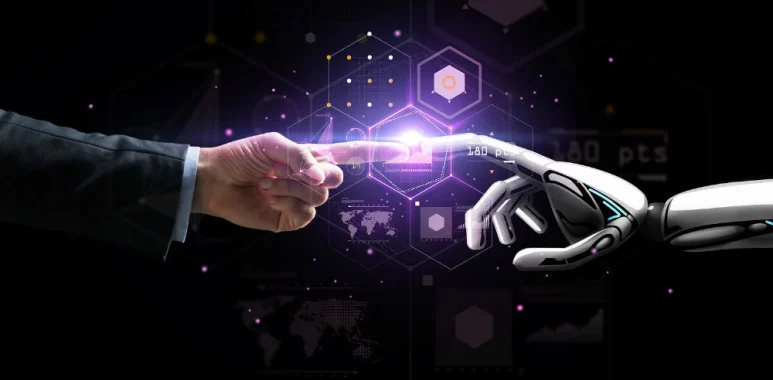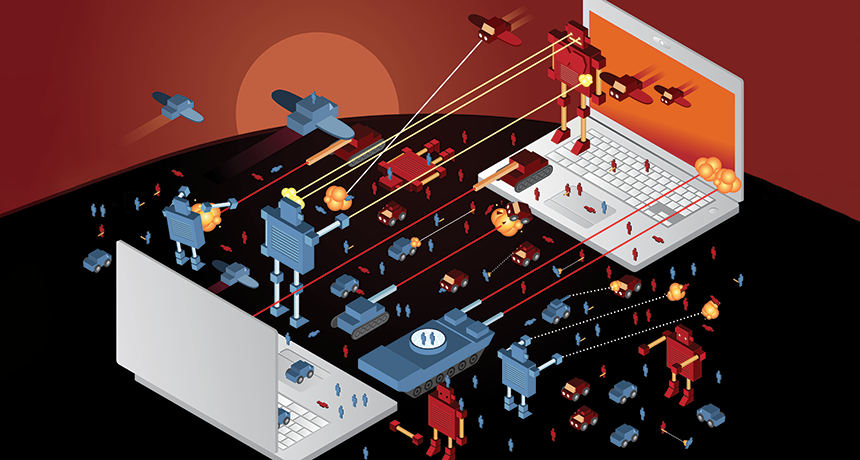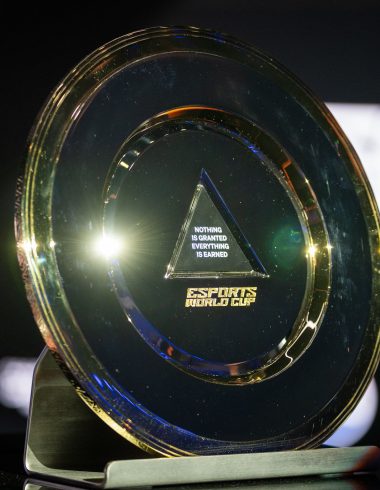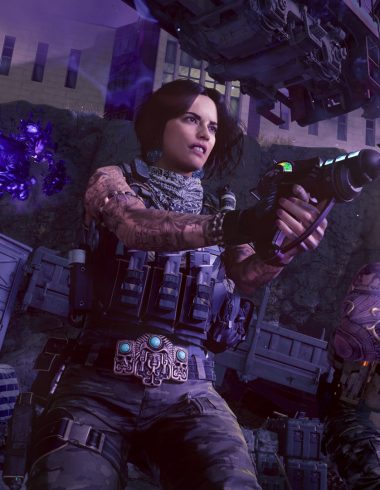Is AI the Change We Need in Gaming?

The usage of AI in game development may disrupt or even harm the industry in the long run.
Since its inception, the gaming industry has always encouraged technical innovation. Pushing the envelope to create immersive experiences while prioritizing quality entertainment was the norm for many years. But within the last decade, we have seen AI alter both player interaction and game production in unprecedented ways.
By helping with adaptive mechanics and speeding up game development, many argue that it fosters creativity and increases player involvement in more ways than one—and the tech is only growing stronger from here.
According to a recent report, 68% of developers leverage AI to speed the process of prototyping, and 56% use it for world-building mechanics. Nearly two-thirds of developers employ AI to create NPCs to populate game worlds. Fabio Franconeri, the Head of Games Engineering at SYBO, shared a positive sentiment about the transition: “I think there’s a whole universe that goes into workflows and analysis of data and analytics, so there’s so much that can be done with AI that can boost productivity at every level.”

Ubisoft is testing technology that will allow for AI to produce human-like speech between players and their NPCs in real time. Image courtesy: Ubisoft
Though there are certainly some advantages to the usage of AI for game development, the tension surrounding the issues it may cause may seriously disrupt and even hurt the industry in the long run. The hazards that AI could create might compromise the integrity and stability of the gaming sector.
Many developers believe that although artificial intelligence can help smaller businesses compete on an even playing field, it might also upset the industry’s economic structure and result in games with problems that are hard to resolve.
Some gamers are concerned that AI may eventually replace human creativity and craftsmanship with soulless robots. To combat this issue, Ubisoft is testing technology that will allow for AI to produce human-like speech between players and their NPCs in real time. Ironically, many view this stride as exactly why gamers are fearing for the future of the industry, as there are worries that AI will someday take the role of human gamers.
“AI creates a slightly more level playing field for smaller companies or groups, giving them the ability to compete against the very large enterprises with extensive resources. This could lead to a renaissance period for indie gaming,” ArenaX Labs co-founder Wei Xie tells Web3 Gamer. “But AI amplifies the capacity that gaming companies have to develop games, allowing for the frictionless creation of new characters and environments.”
According to Xie, when resources are scarce, there is healthy competition to create the best games. However, if the usage of AI eliminates this obstacle, the industry could become oversaturated with poor-quality games.

AI’s future in the game business is complicated, to say the least. Even while it has the potential to increase productivity, creativity, and player involvement, developers need to strike a balance between utilizing its potential and maintaining the aspects that make gaming distinctly human for all its users.
It’s essential that businesses and gamers alike have frank discussions on the moral implications of artificial intelligence in games. By tackling these issues head-on, the gaming industry can leverage AI to produce creative and captivating experiences without compromising the fundamental principles that shaped it.
It is difficult to assume which direction the inevitable AI takeover will fall in the world of gaming. However, while the incentive is forward-thinking, the loss of human input will transform the industry into a hollow version of what it once was.
The heart and soul of gaming lie in the unique perspectives that only human developers can bring. It may be an efficient form of development, but it is devoid of the basic understanding of human emotions and the pure delight that comes from a full team of developers creating something they are passionate about.
The charm of gaming, originally created by the creativity and labour of actual people, working actual jobs, runs the risk of being supplanted by soulless algorithms, leaving gaming in the future as a dim and depressing environment lacking any real connection.


